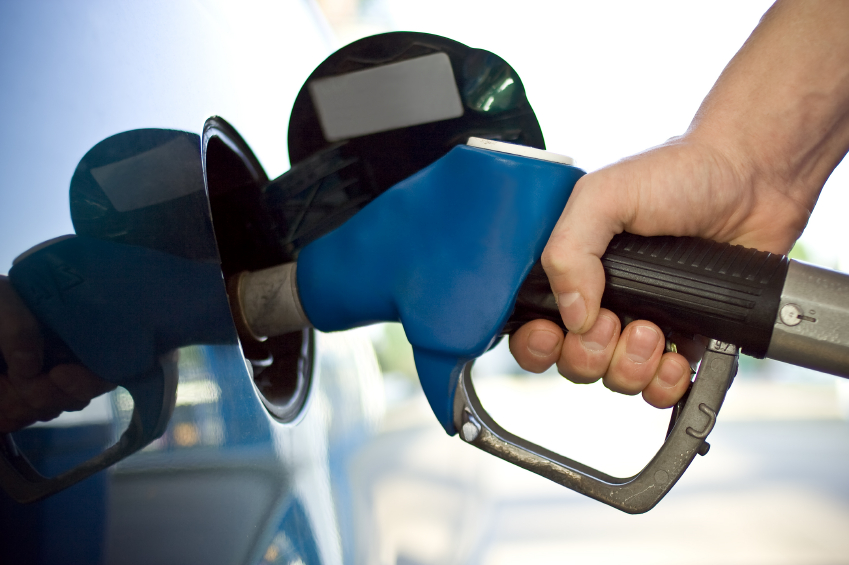Following its October approval of E15 gasoline for 2007 or newer cars, the U.S. Environmental Protection Agency is to announce today that it will expand the approval to cars from the 2001 through 2006 model year as well.
E15 contains 15 percent ethanol, half again as high as the legal maximum today of 10 percent in E10 gasoline.
Automakers sue to block
You're not likely to see E15 showing up immediately at your neighborhood gas station, though. In December, a group including every major automaker selling cars in the U.S. launched a lawsuit asking that the first approval be overturned.
Automakers, along with companies that make and sell other types of small engines, fear that they'll be blamed for damage that will occur when the new fuel is used in engines that weren't designed for it.
Study: 'Minimal risk'
The EPA maintains that it has studied the issue, and that damage is not likely to occur in auto engines made in 2001 or later. A study done last fall for the Renewable Fuels Association by the consulting firm Ricardo said there was "minimal risk," finding little to no damage attributable to E15 in engines it tested.

U.S. Environmental Protection Agency adminstrator Lisa Jackson and President Barack Obama
The Agency also notes that it is developing clear labeling for gas pumps, to indicate which hoses contain what fuel and which vehicles can use it.
Mandate from Congress
The U.S. is required to use 11.1 billion gallons of ethanol in 2010, rising to 36 billion by 2022, under the terms of the 2007 Energy Independence and Security Act passed by Congress in 2007. Industry observers have consistently questioned whether that volume of ethanol can even be produced, let alone whether it is good policy.
Vehicles designed to run on any mix of gasoline and ethanol, from 100 percent gasoline to 85 percent ethanol (known as E85), cost roughly $100 to build for automakers. The Detroit Three automakers have said they will gradually increase the number of such flex-fuel vehicles they build.
Unfortunately, because ethanol has less energy per gallon, gas mileage falls as the proportion of ethanol in fuel rises. That means that, in theory, that fuel with more ethanol should be slightly cheaper. Whether that plays out in practice, of course, remains to be seen.

Gas pump
Why ethanol at all?
Blending more ethanol into vehicle fuel has two goals. First, ethanol is derived from plants that have absorbed carbon from the air, so that when it's burned, the CO2 that's released isn't "new" carbon but in fact had been previously removed from the atmosphere.
Second, ethanol is domestically produced--in part due to a stiff tax on imports of Brazilian ethanol, which is made from more productive feedstocks--so it displaces gasoline created from imported oil.
The bulk of U.S. ethanol, however, is produced from corn. That method is by far the least efficient way to produce the fuel, and significant questions remain over its total "wells to wheels" carbon balance. Using corn also raises concerns about displacing food production from prime agricultural lands.
For the record, U.S. gasoline demand peaked in 2006 and has fallen since, due to a combination of economic recession, higher average fuel efficiency in the vehicle fleet, and increases in the proportion of ethanol in fuel.













